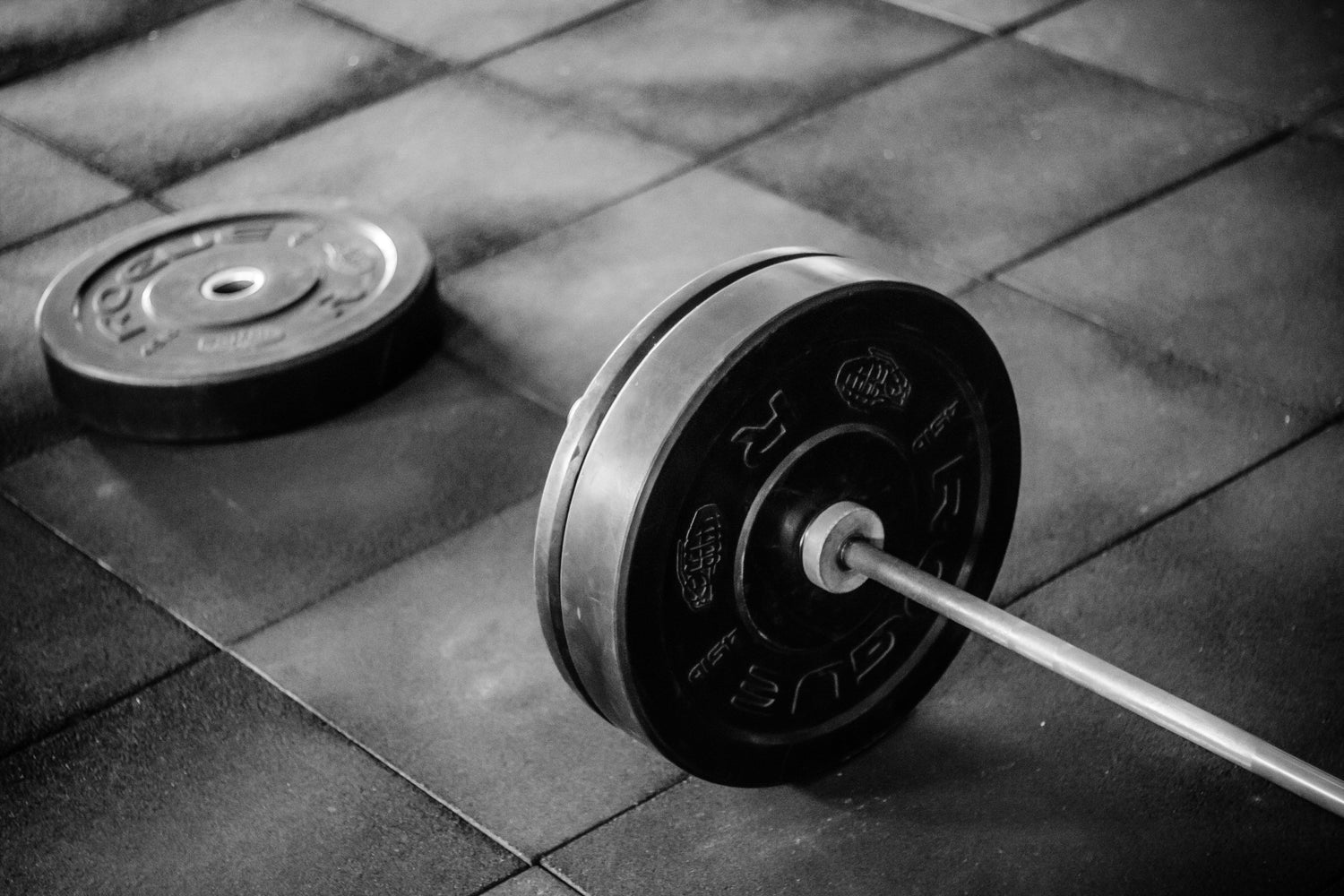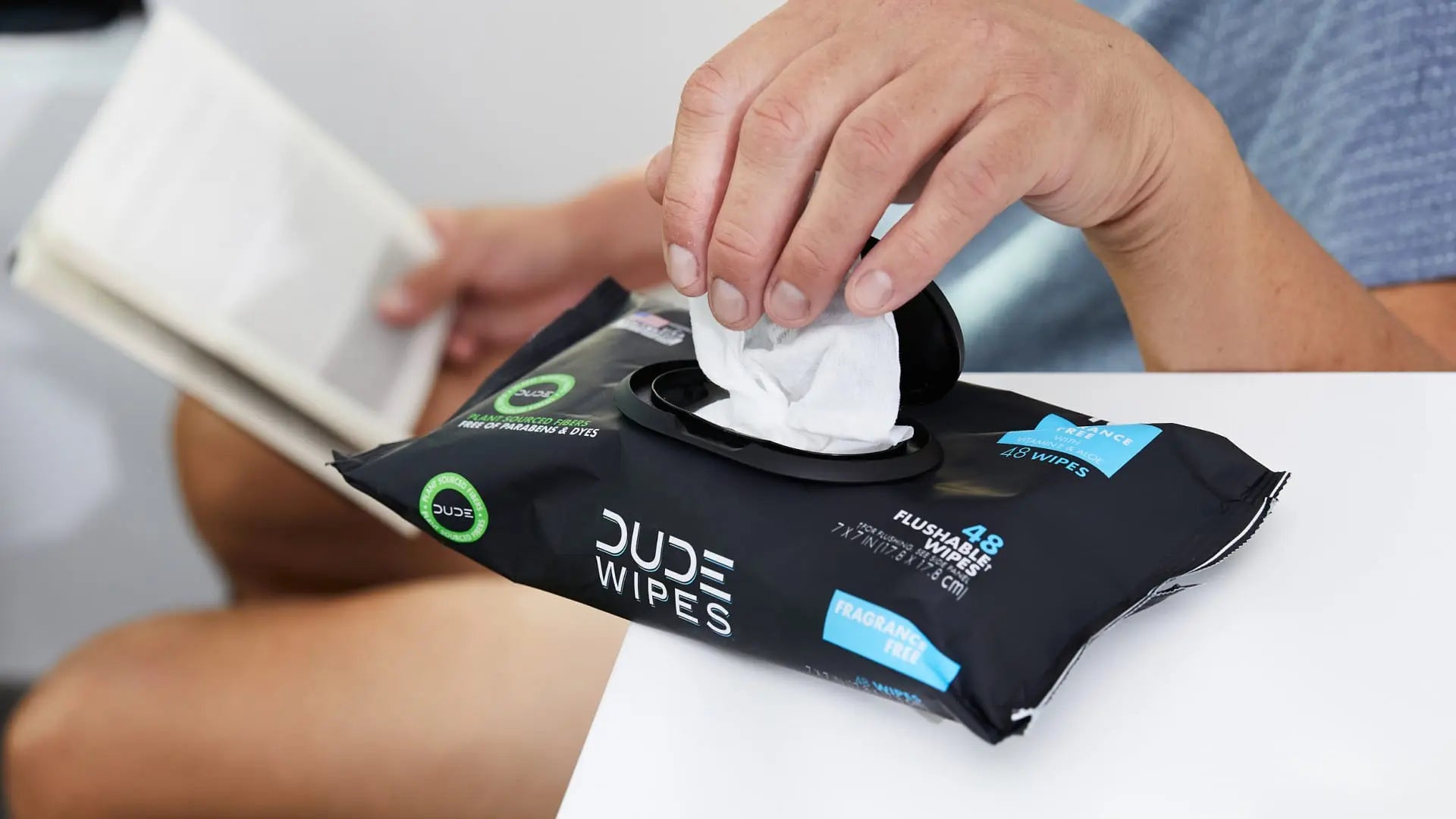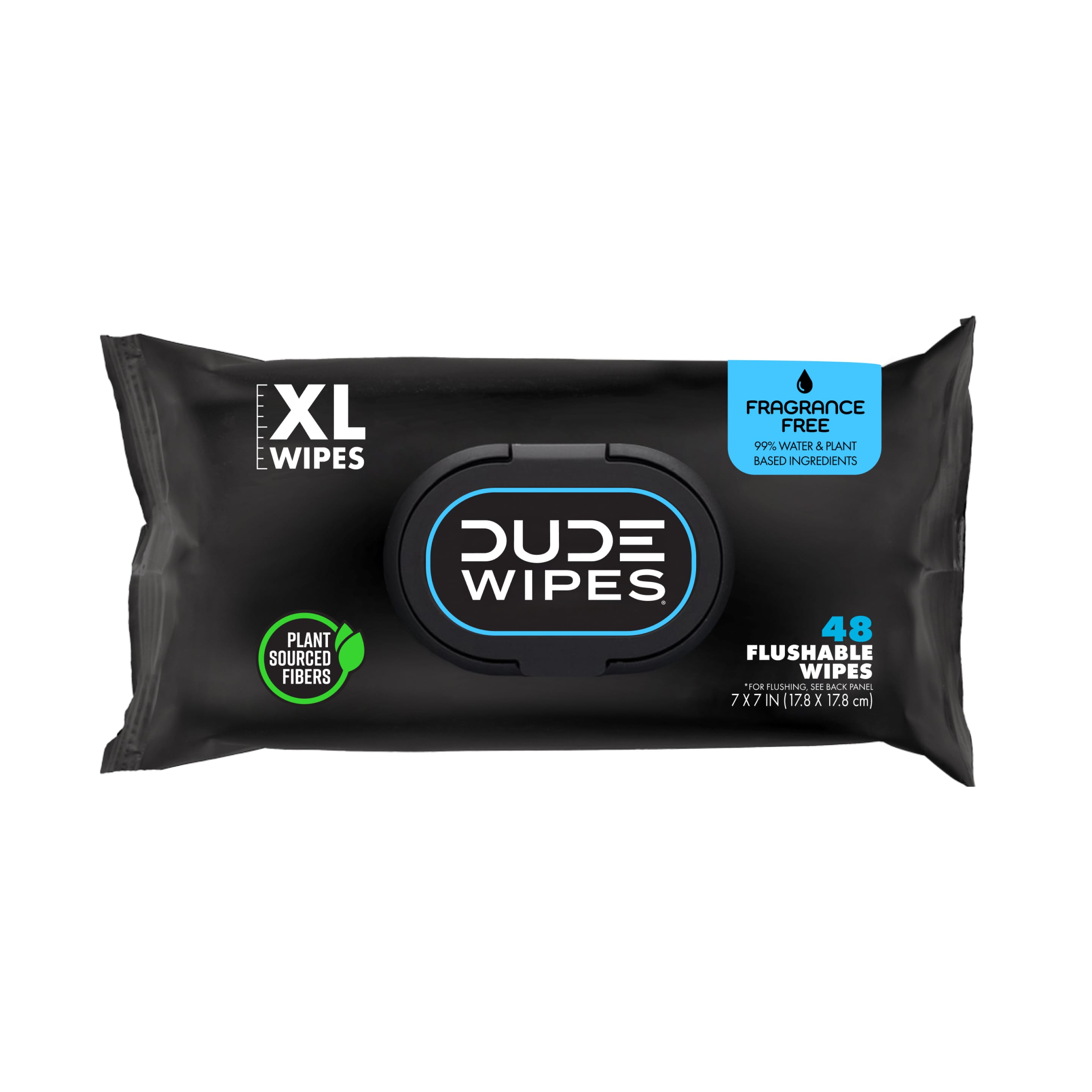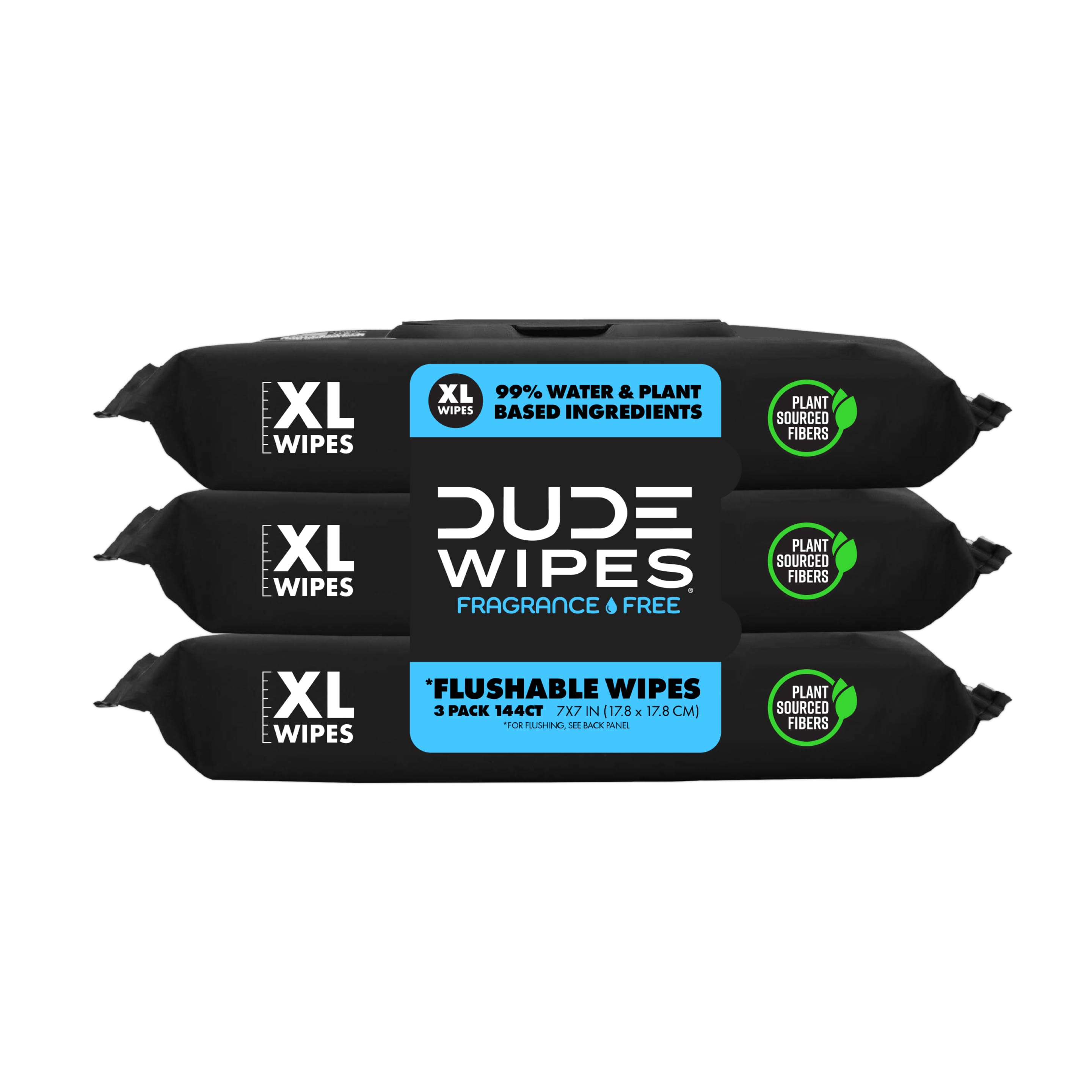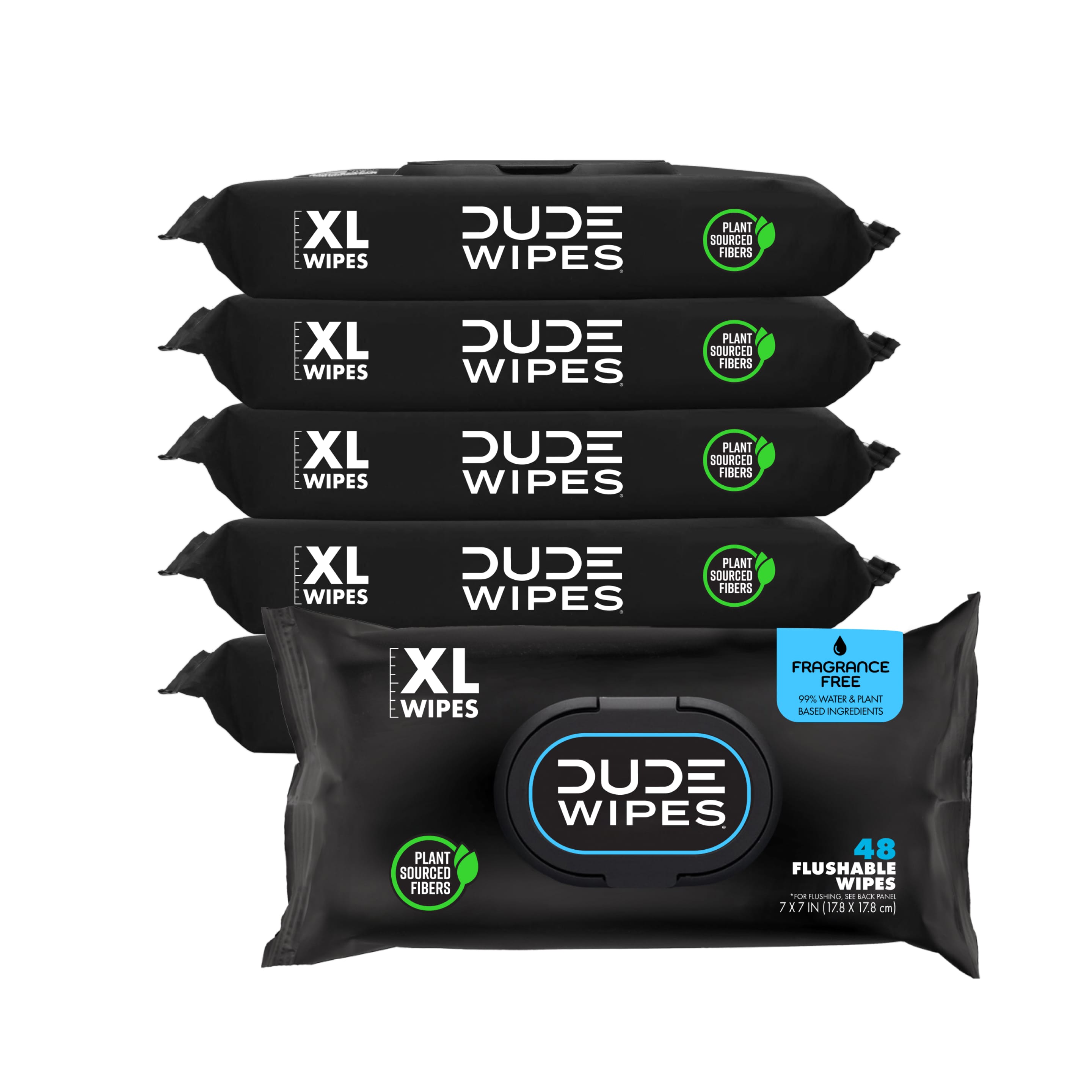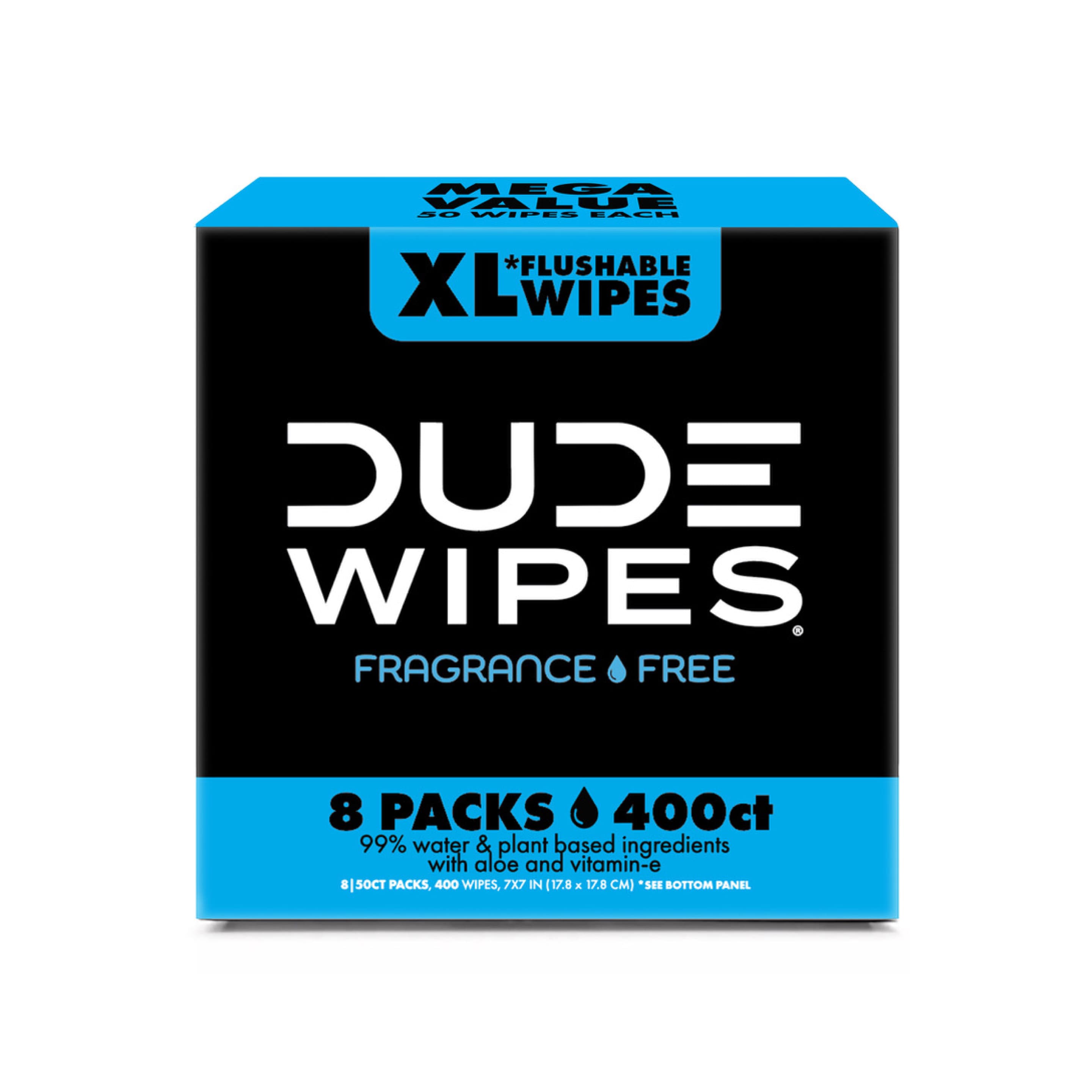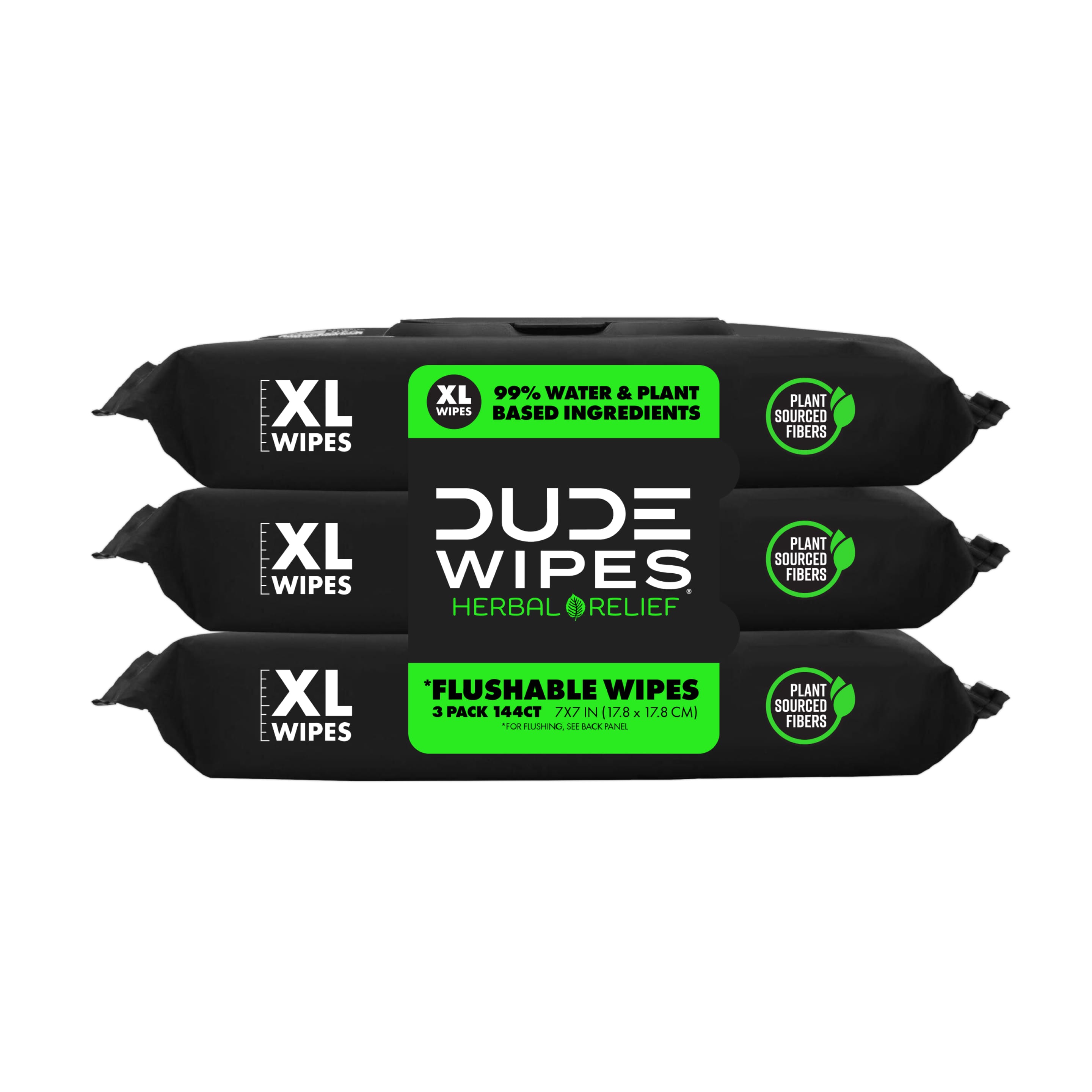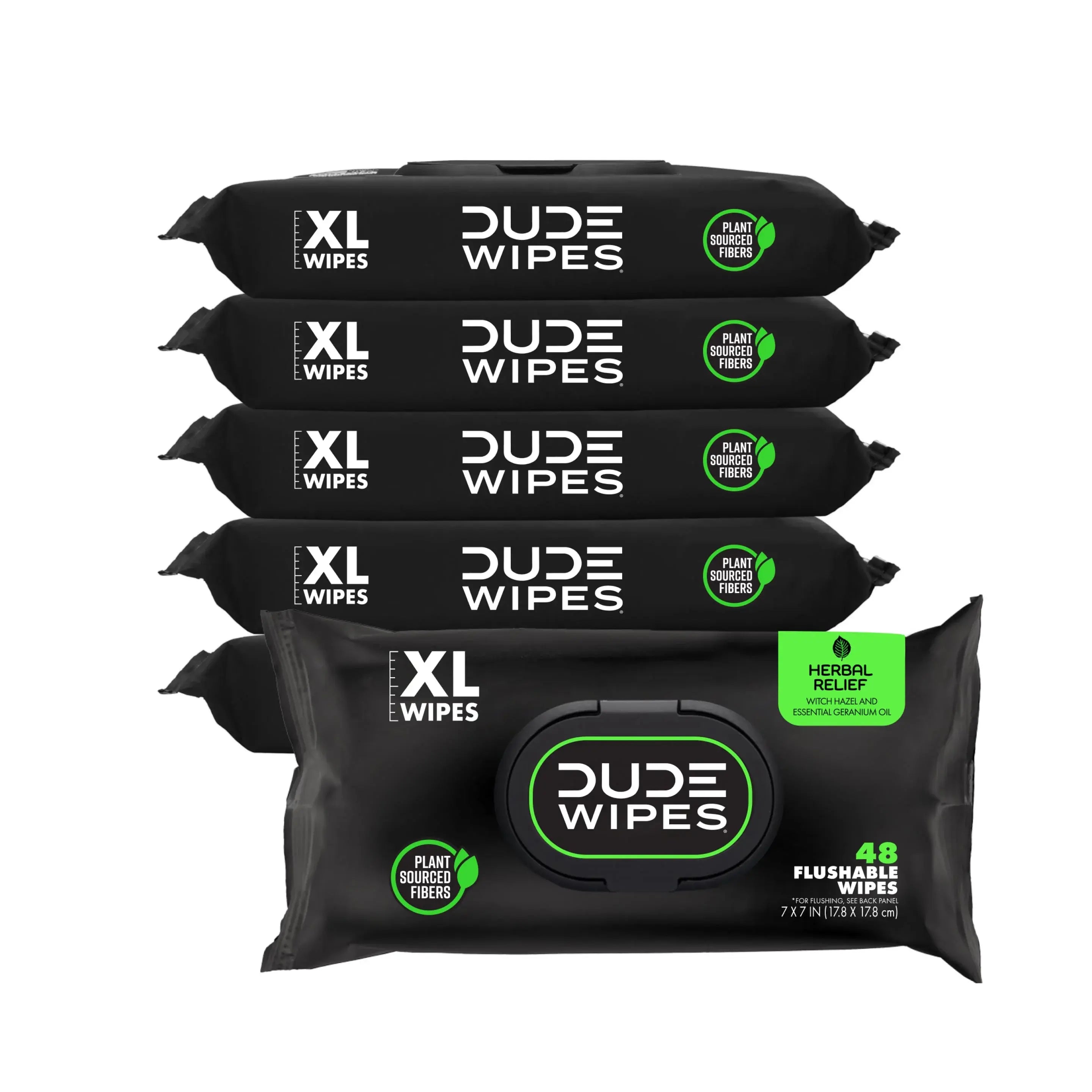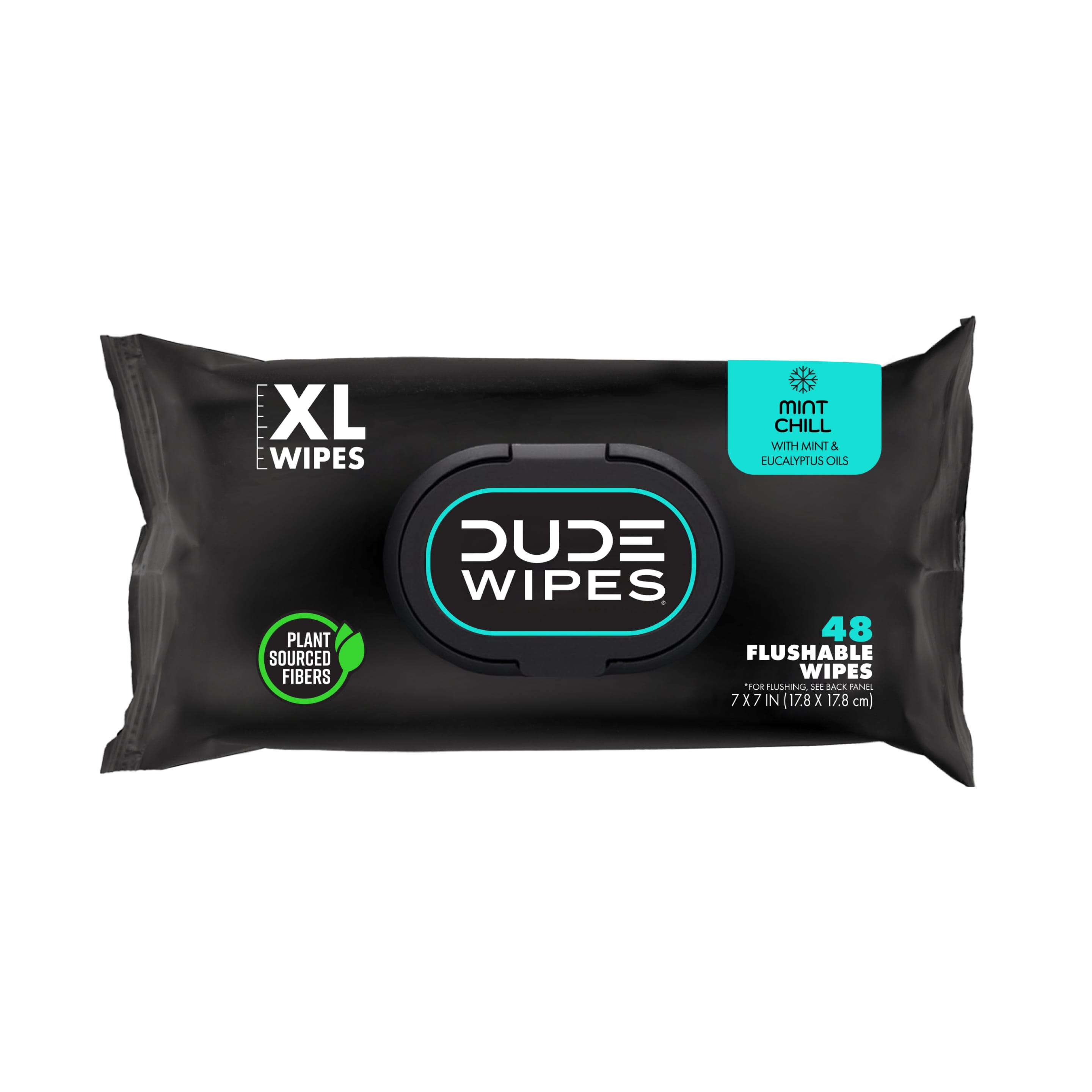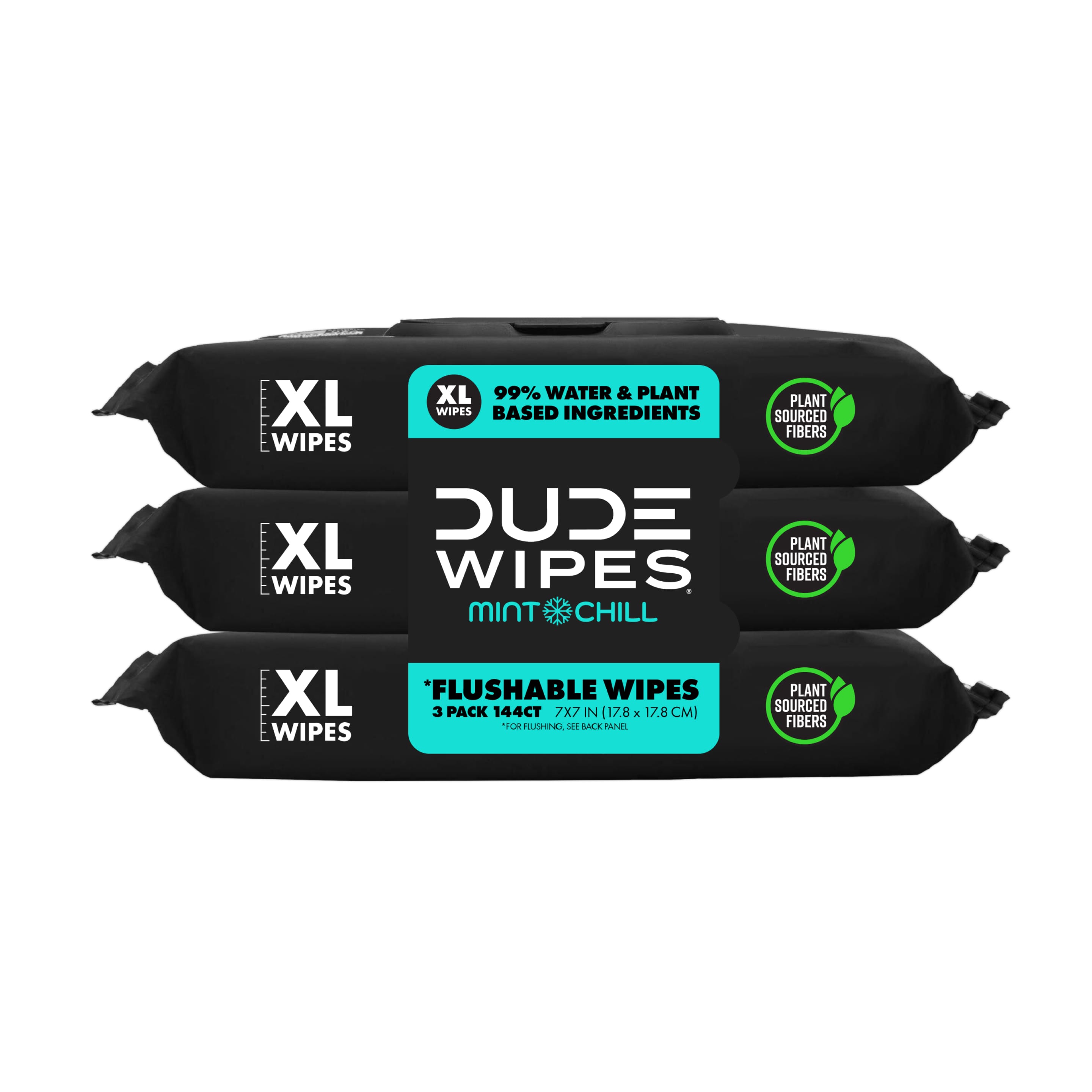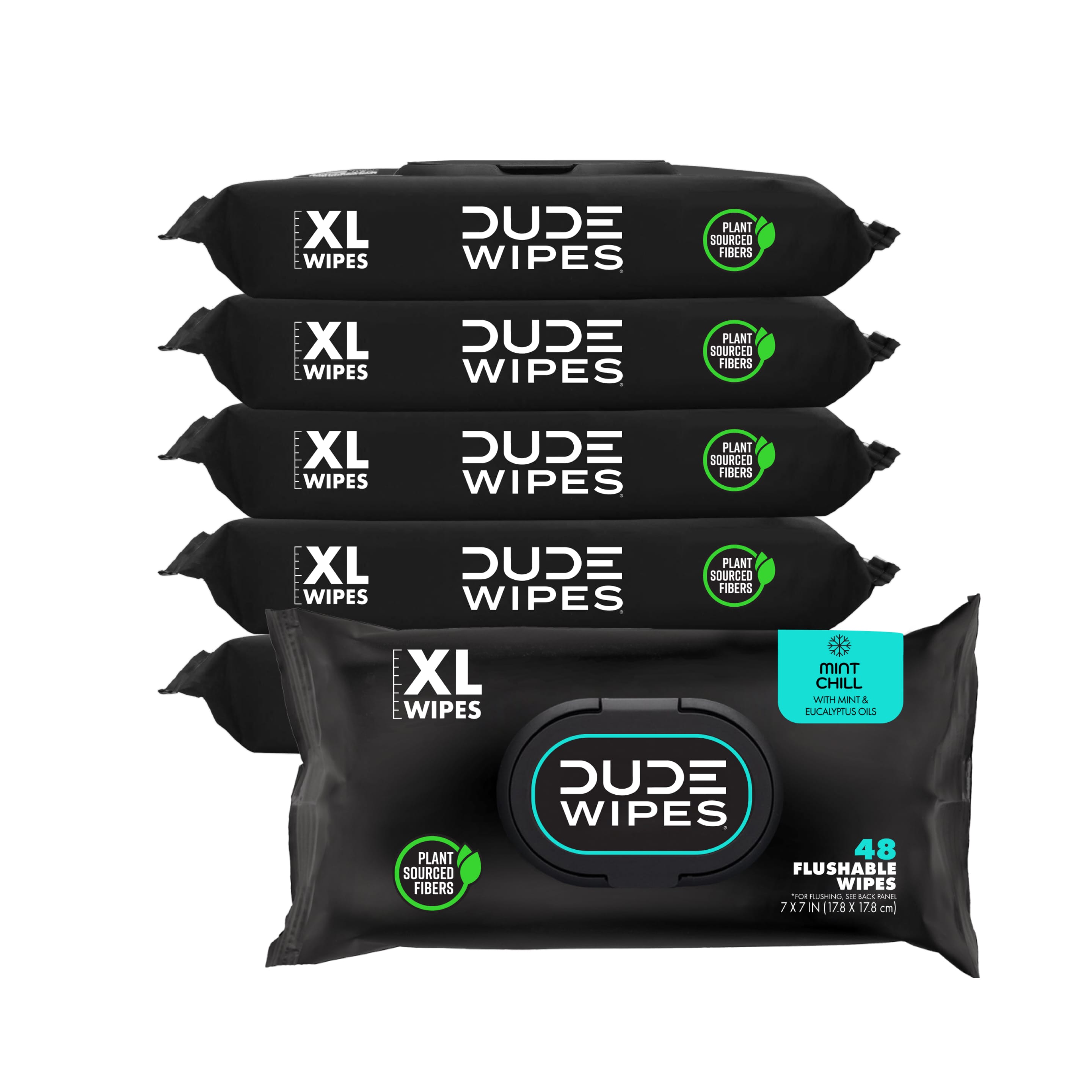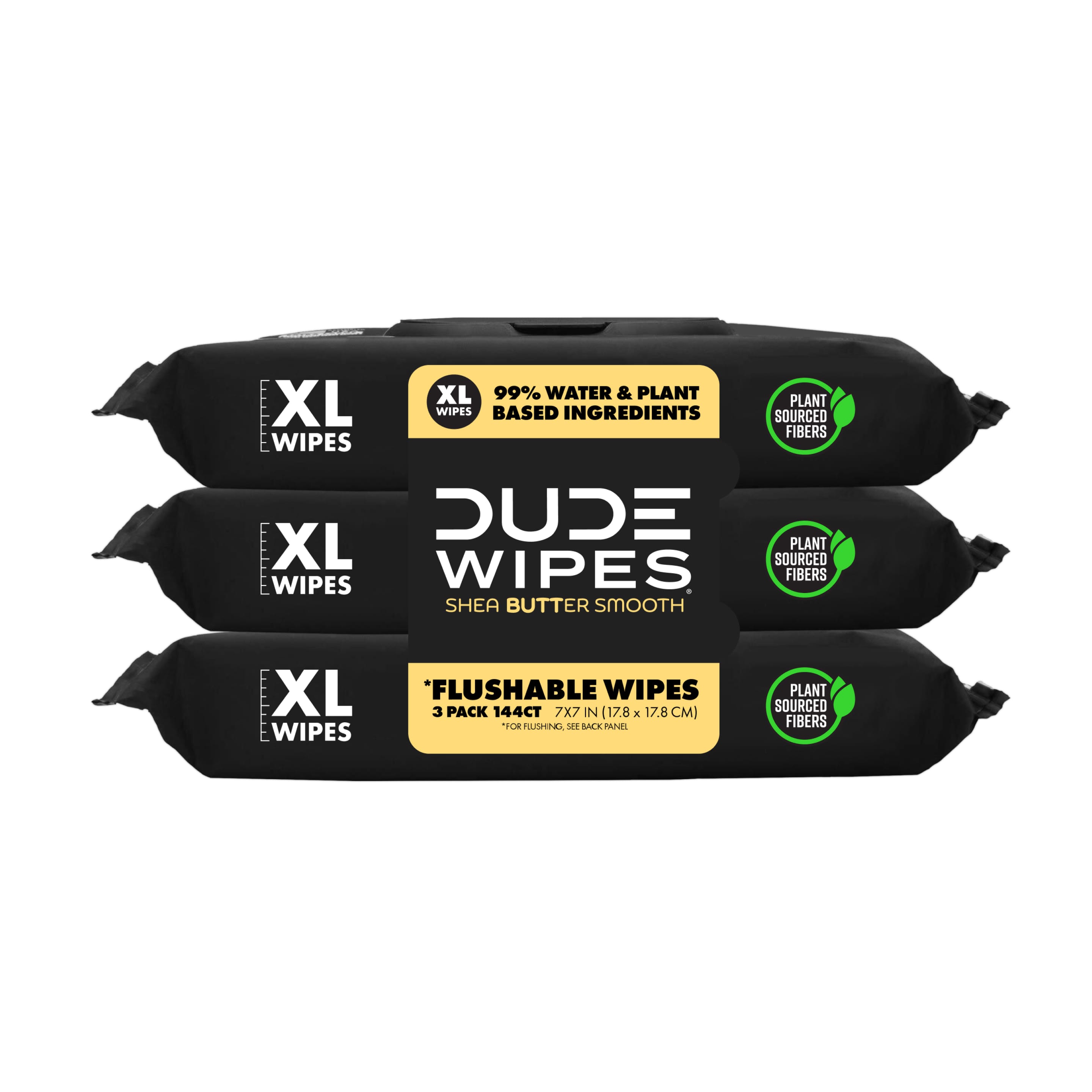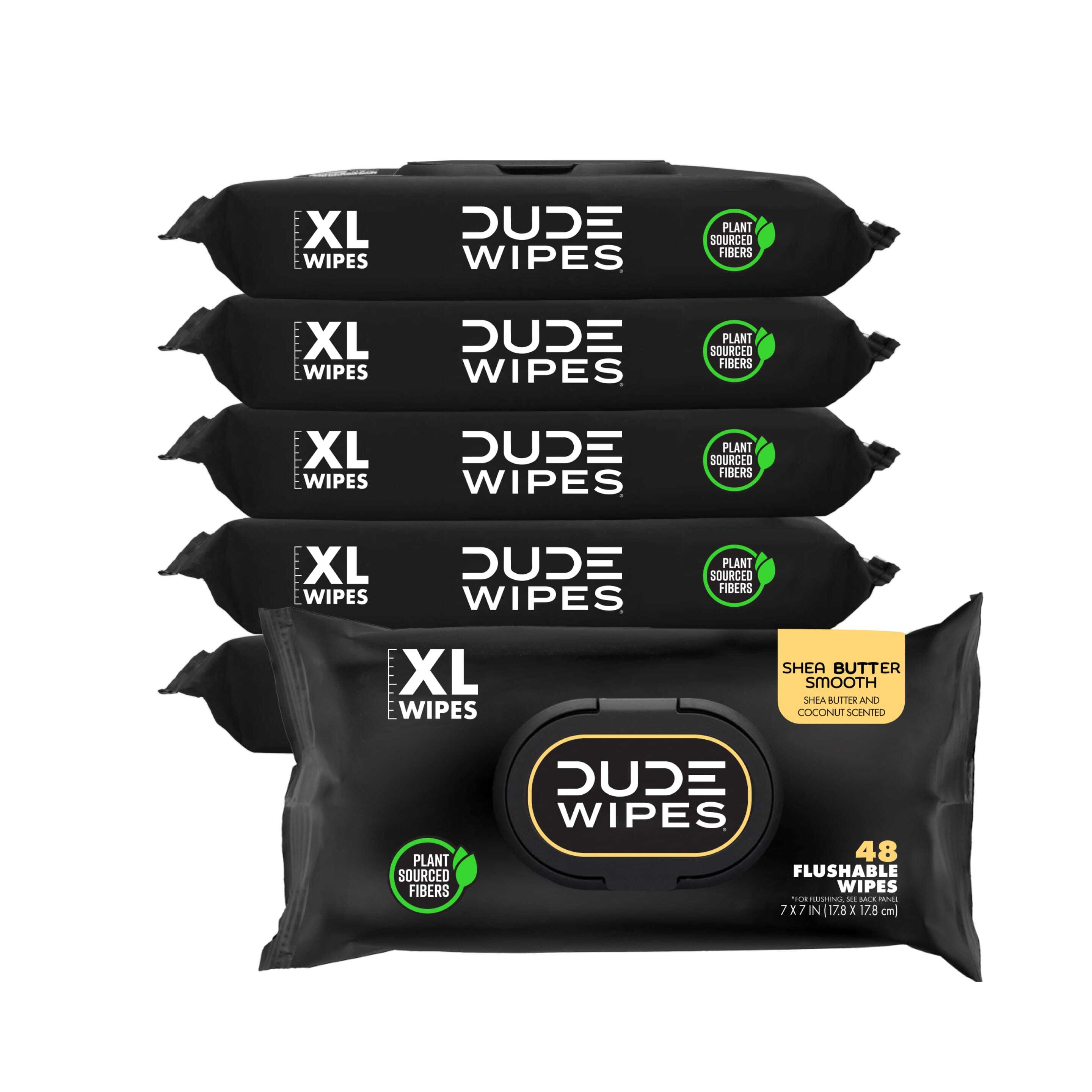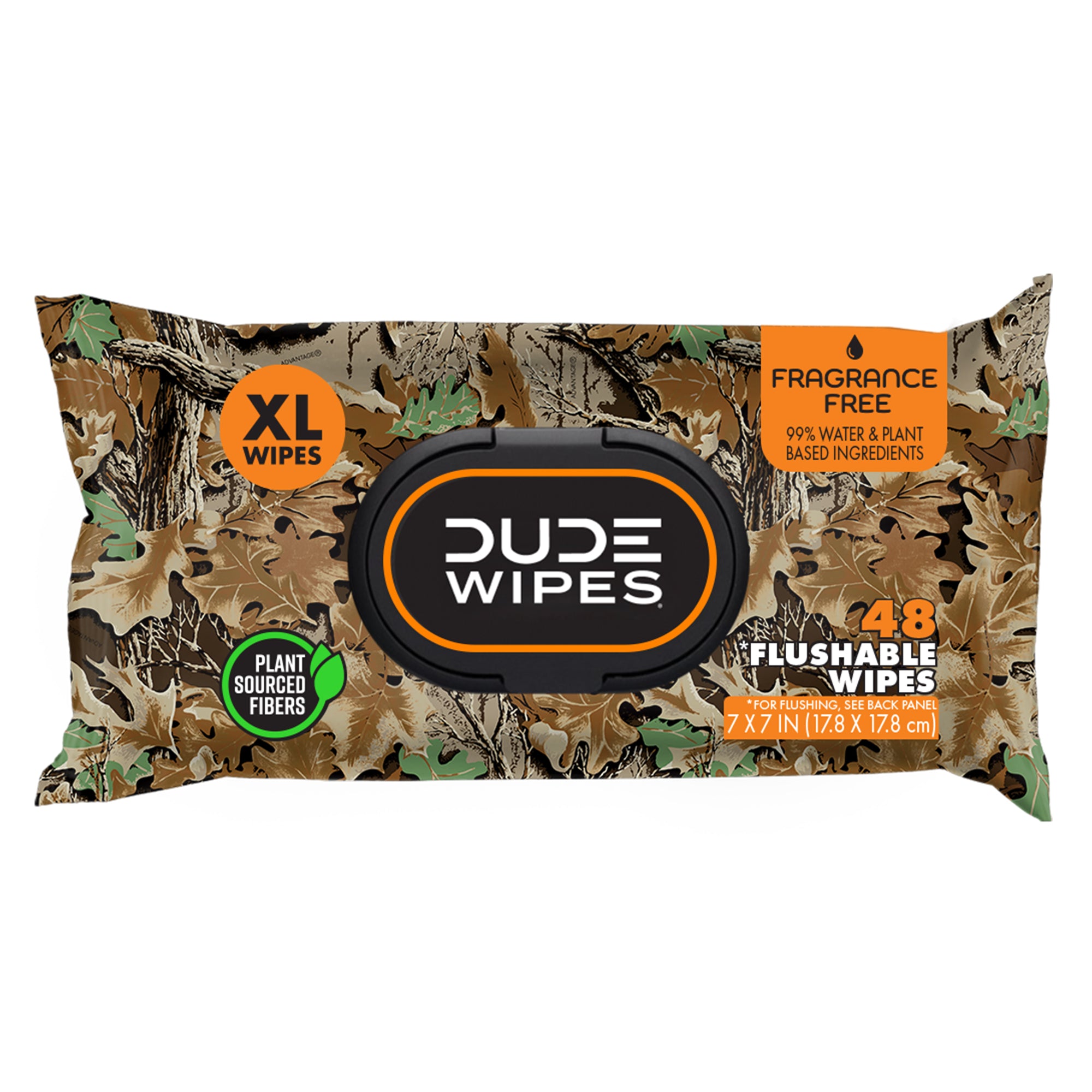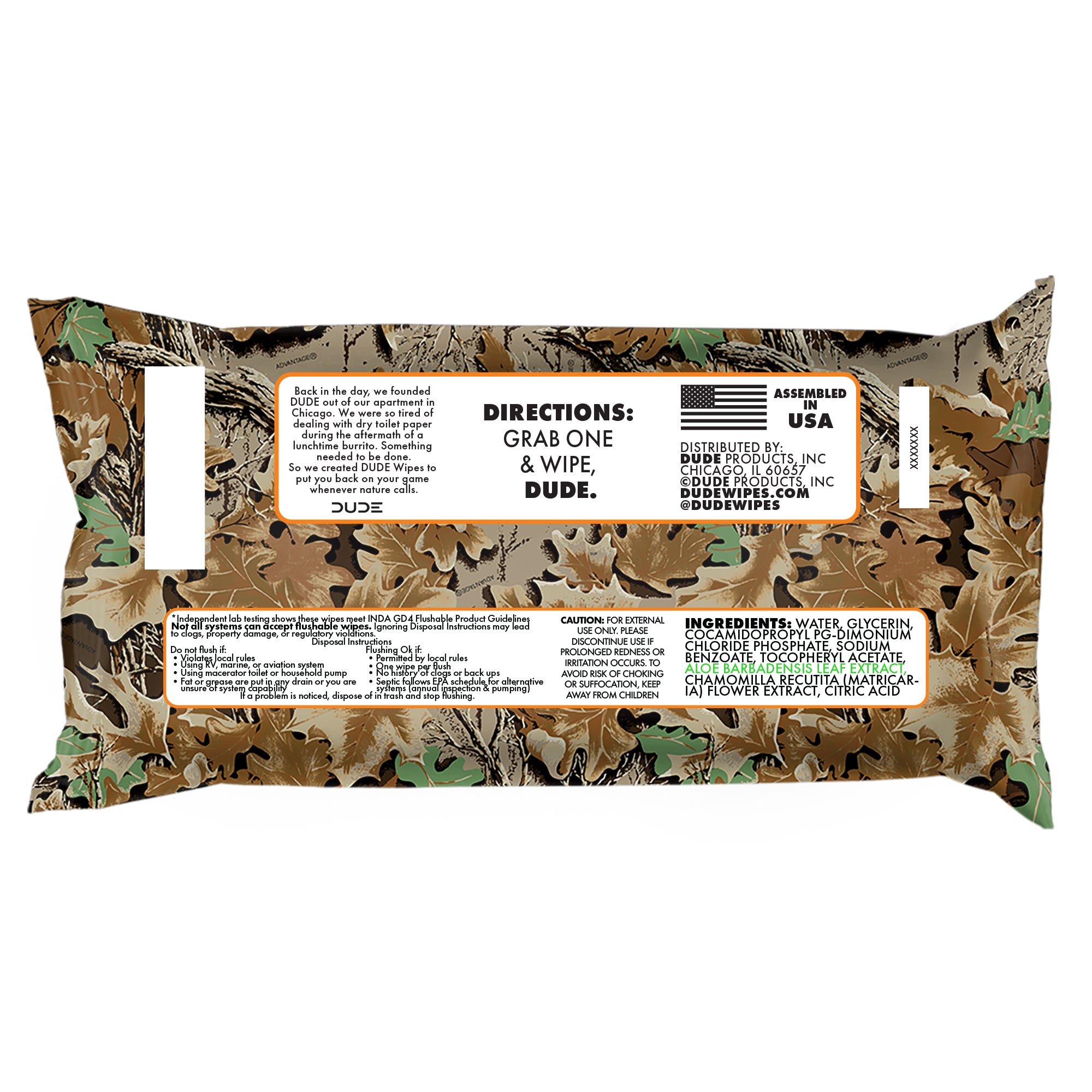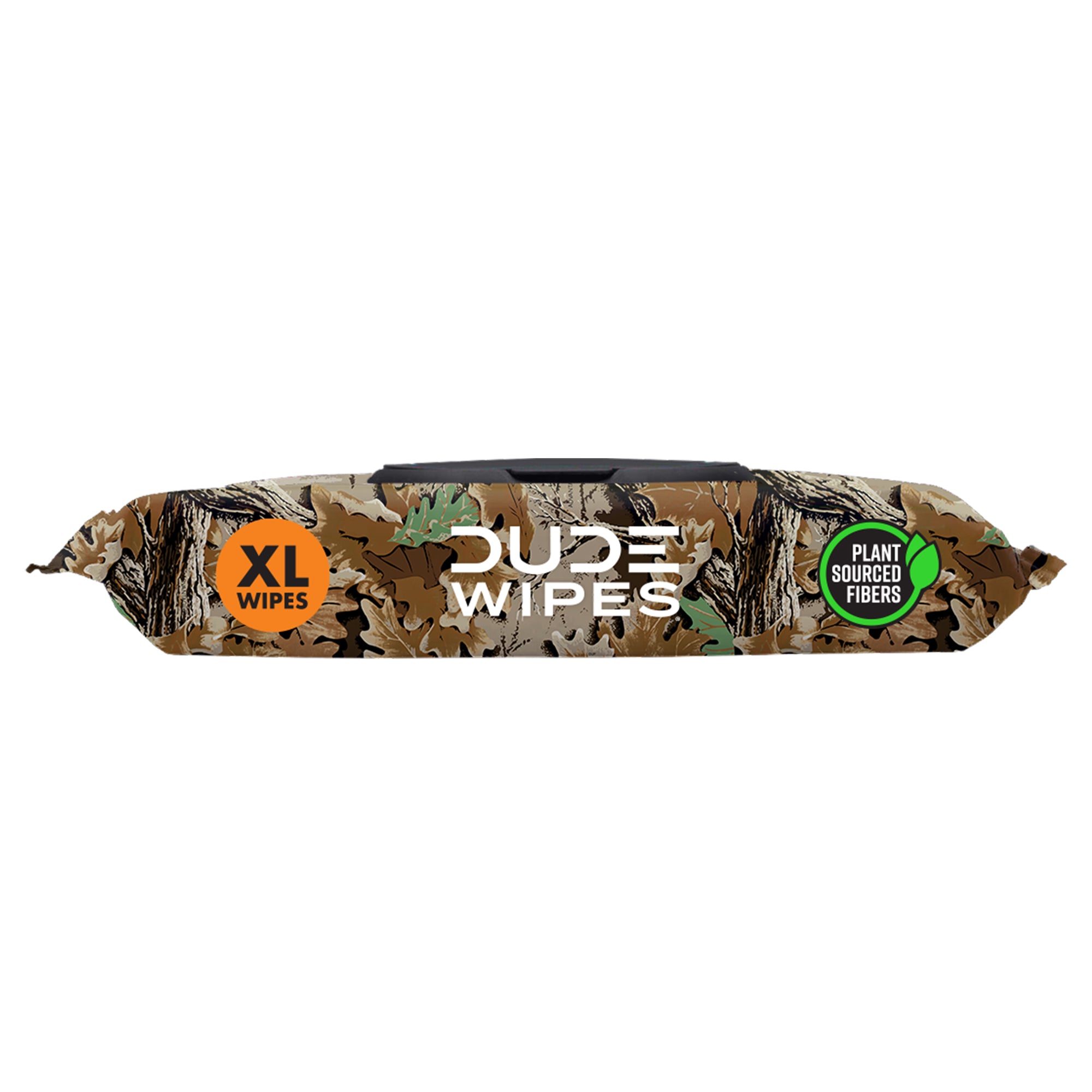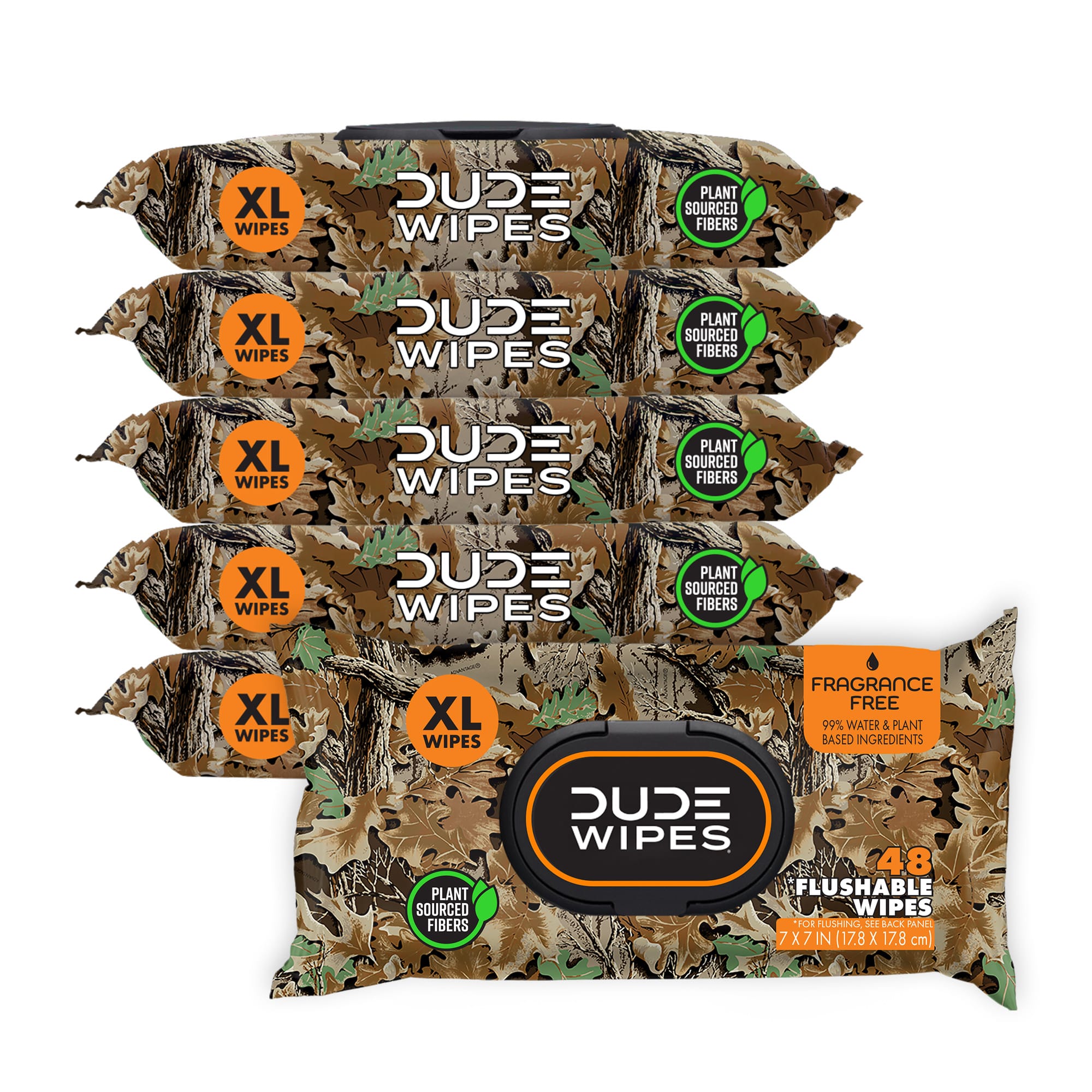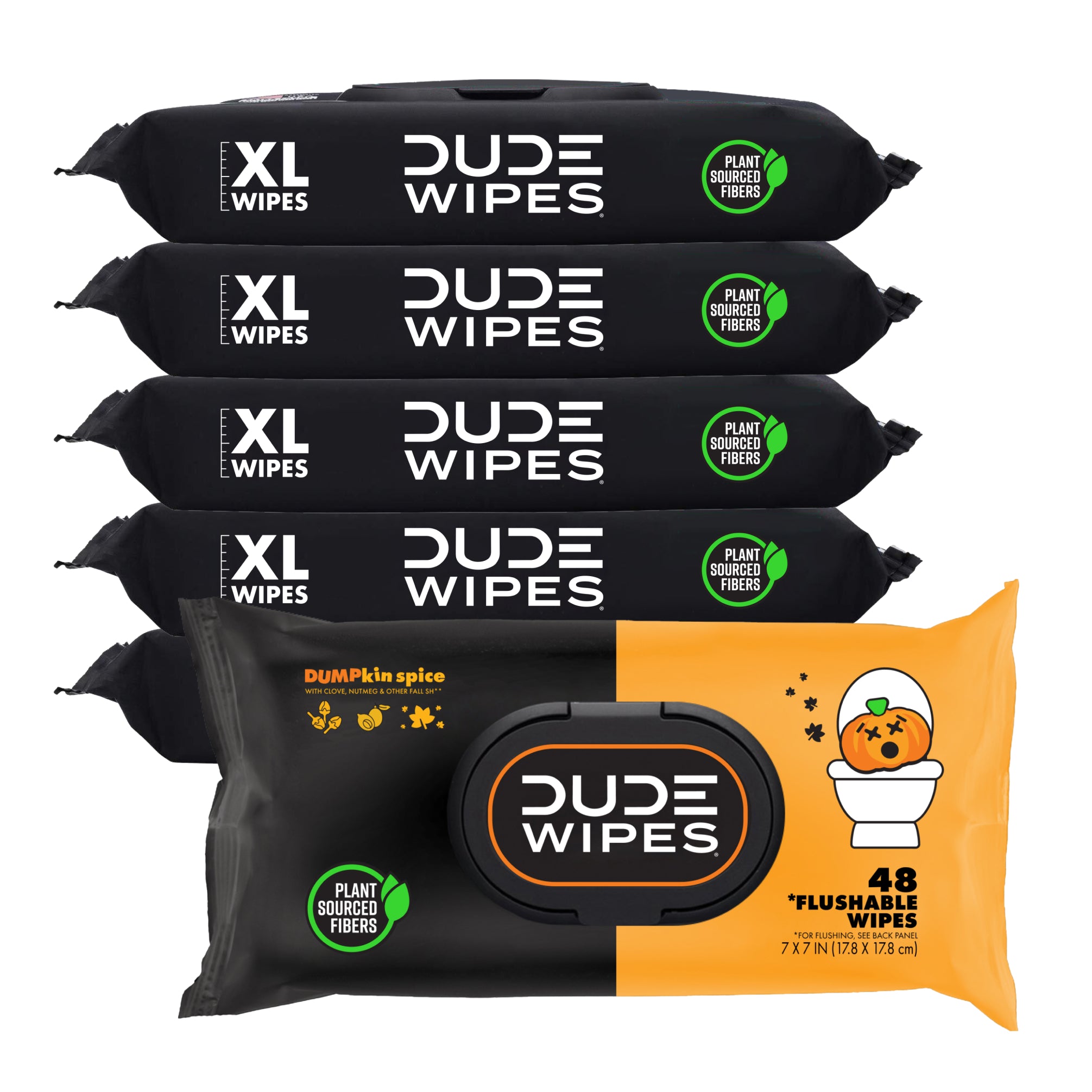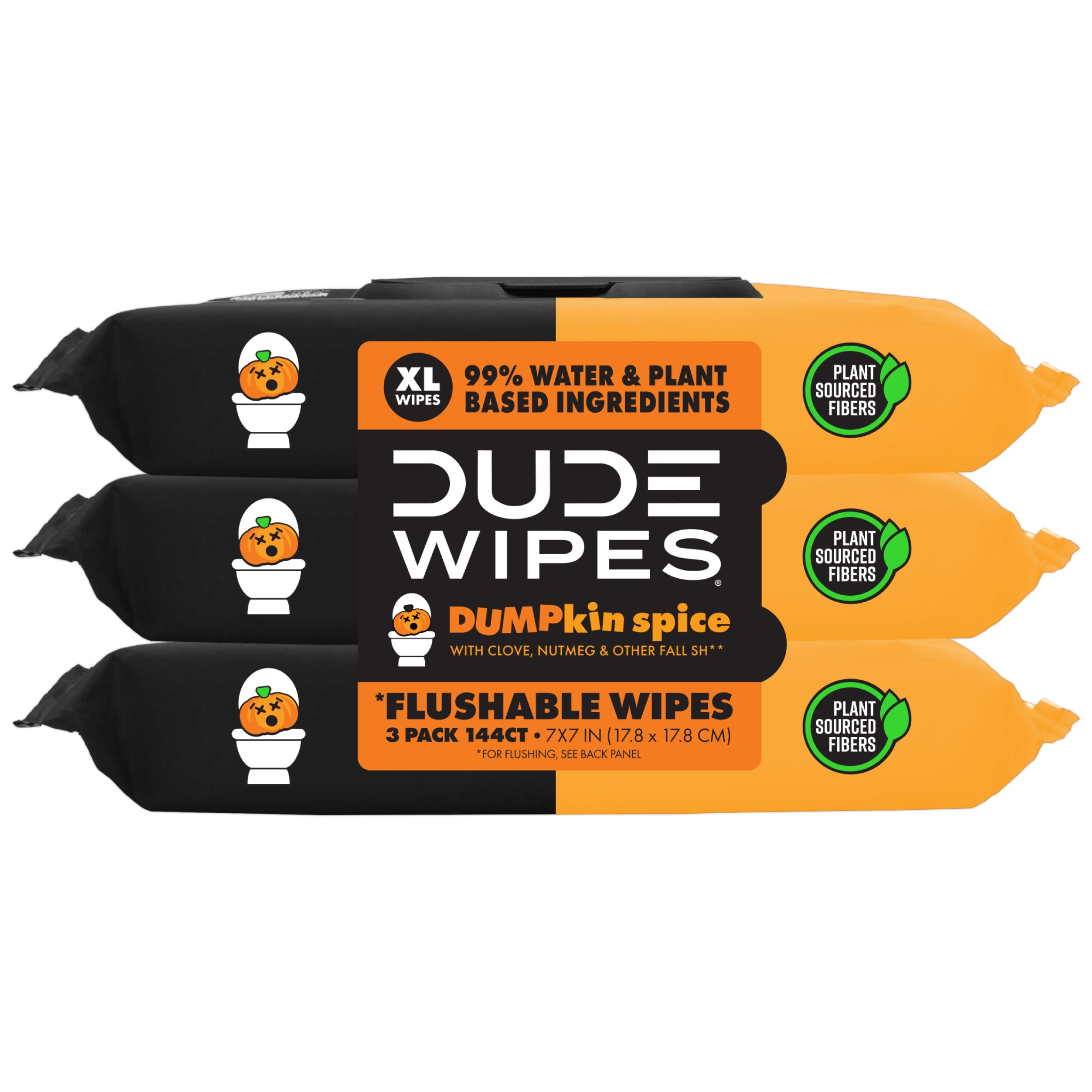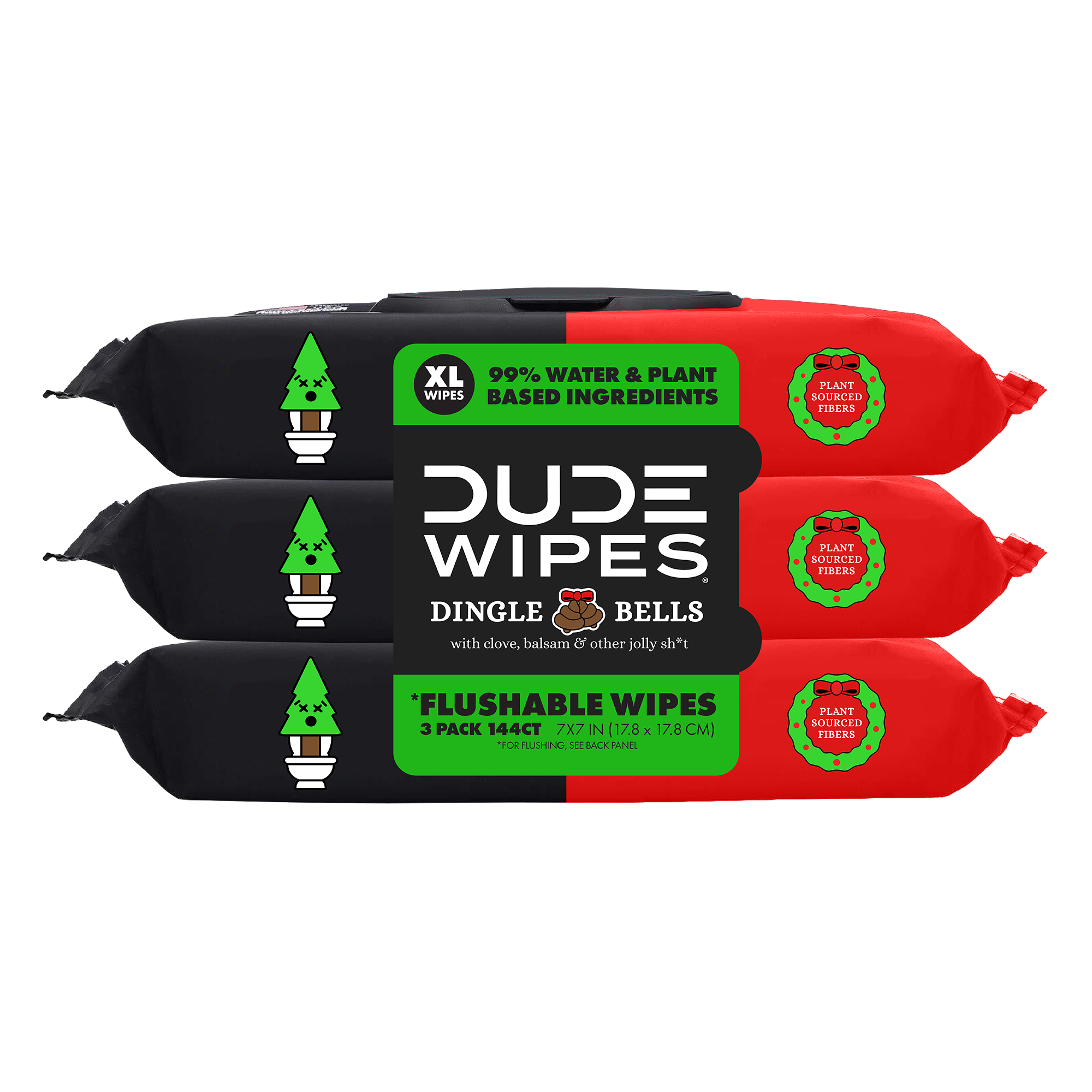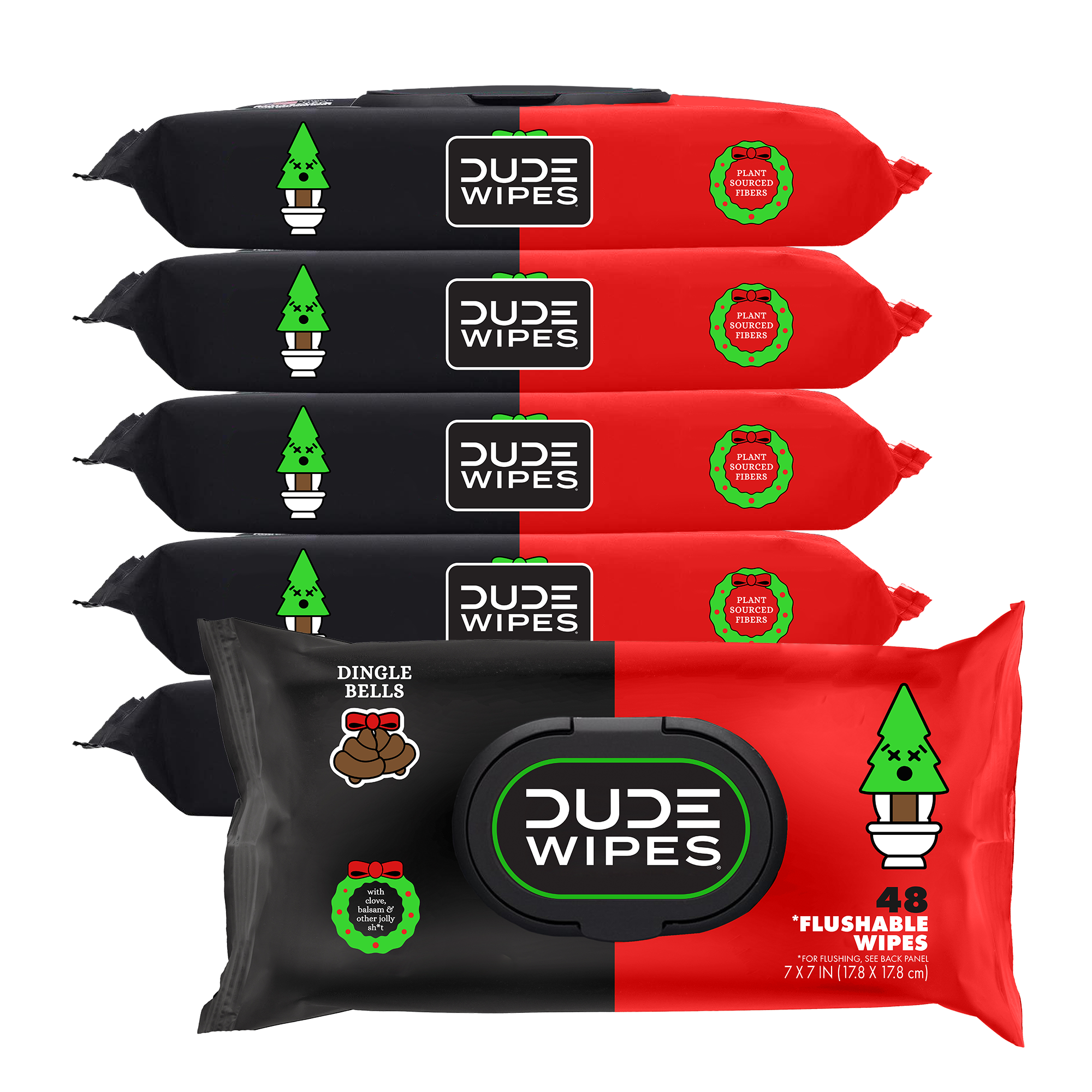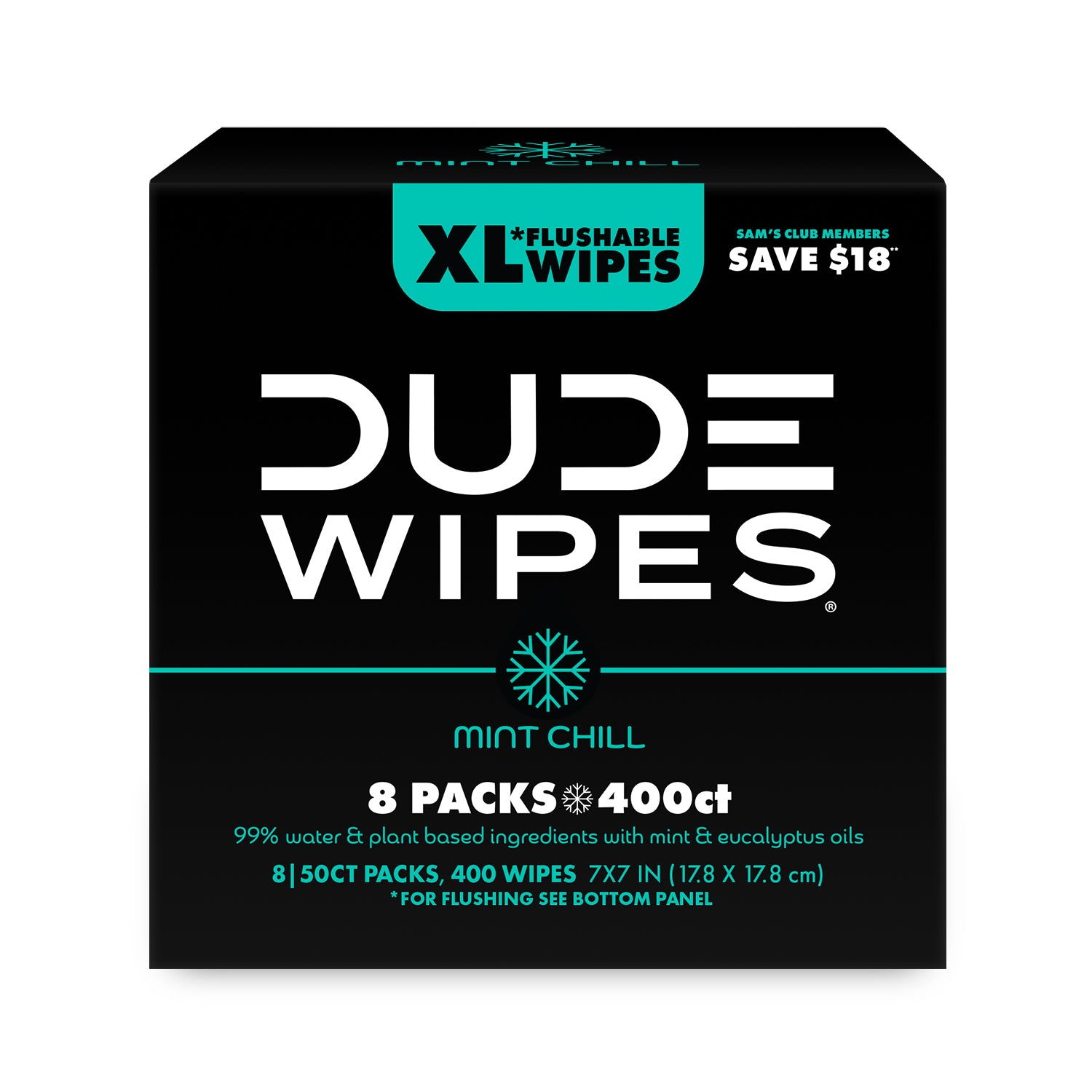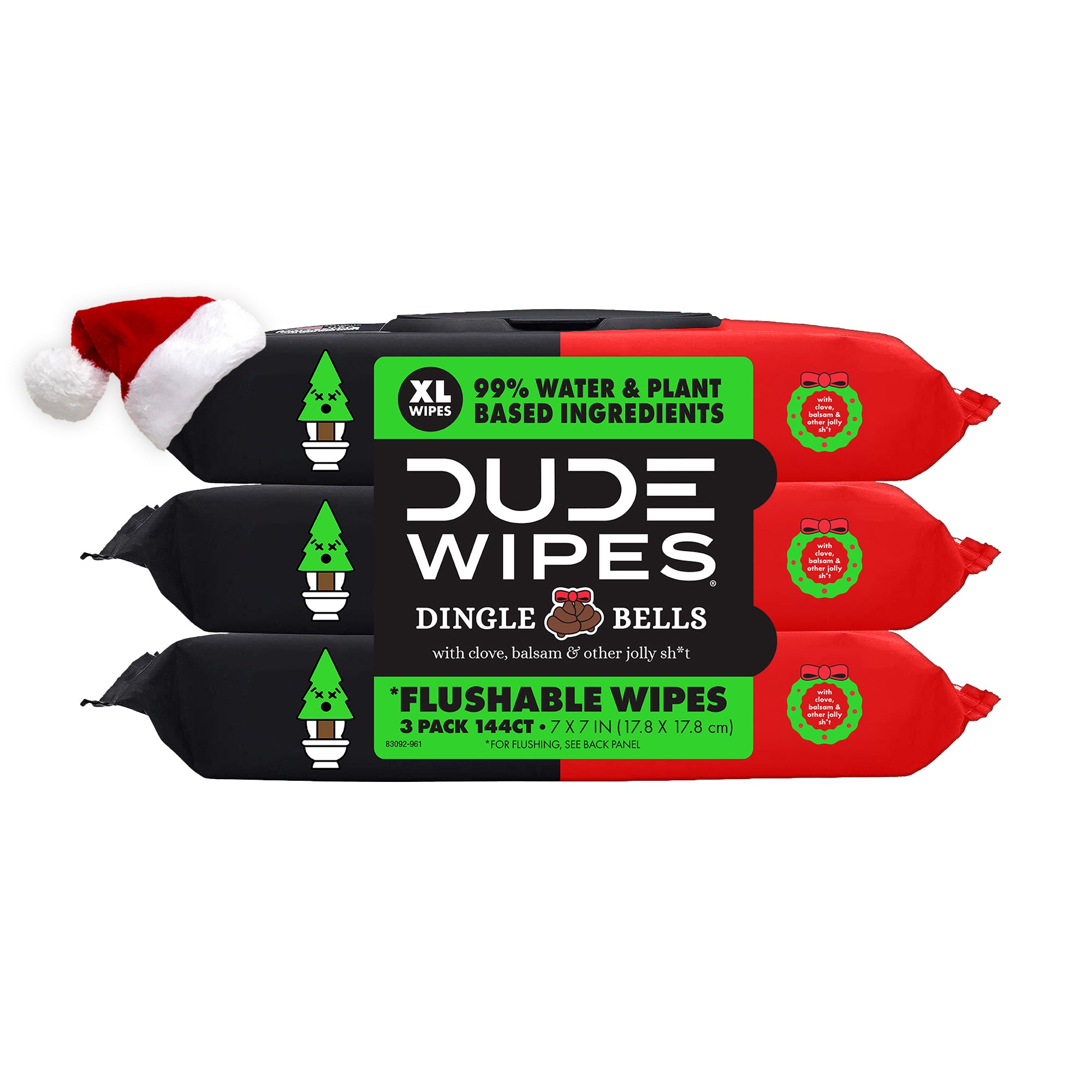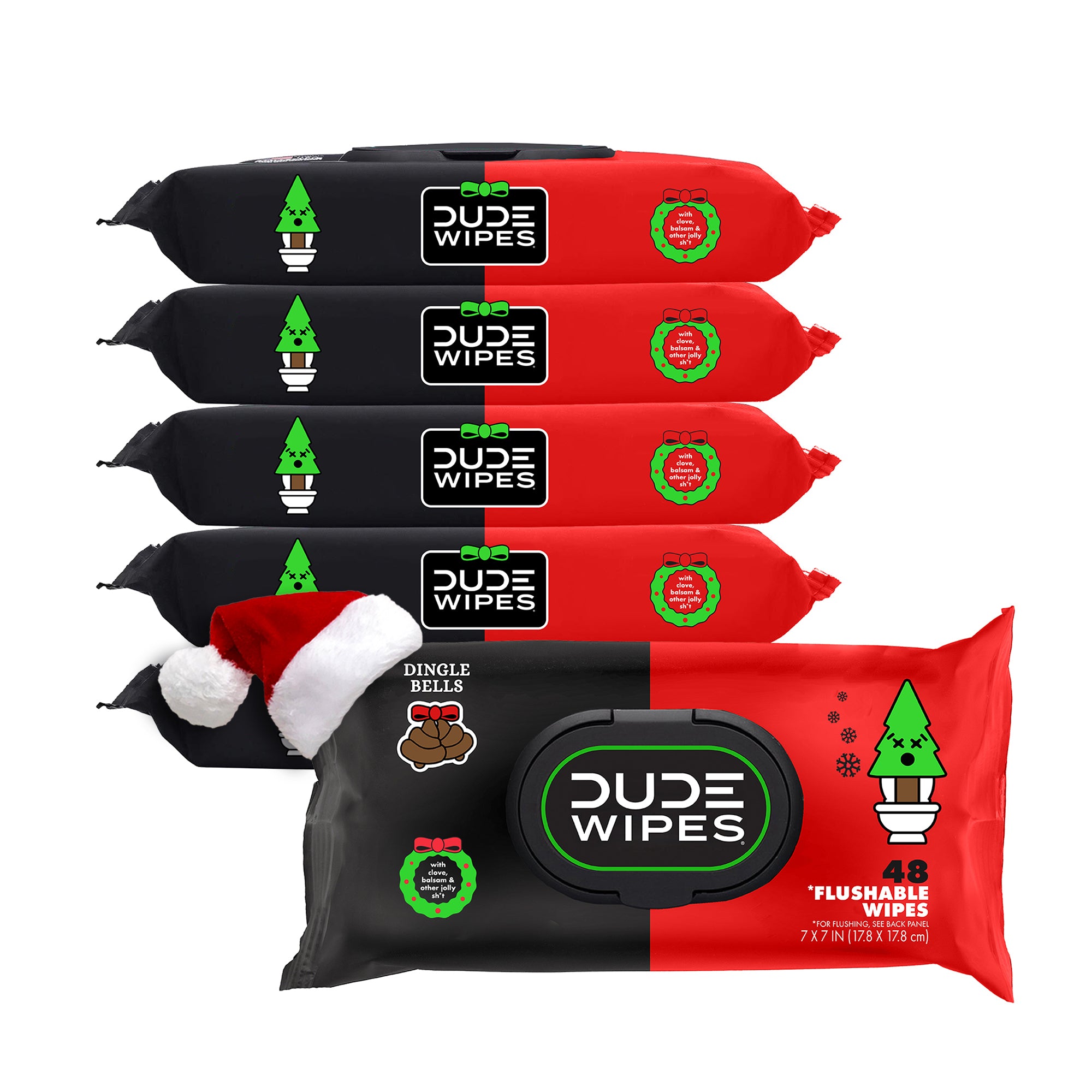In the annals of bro science, there is a muscle building commandment that puts millions of guys every day into a predicament: Thou shalt not drink booze after a workout, lest your gains be ruined.
You're torn: You want to work out and get shredded, but guzzling beer and ripping tequila shots sounds appealing as well. Swarms of fitness influencers proclaim that you have to cut alcohol and carbs out of your diet if you want an elite physique. This may be partially true, but if you're worried that alcohol and athletics can't coexist, think again. Carbohydrates, cardio, and training sessions can be friends.
LeBron James is an outspoken wine enthusiast, and Usain Bolt—the fastest human being ever on Earth—is a beer guy. If these two superhumans can drink and still dominate their respective sports, boozing occasionally won't wreck your body. Health and wellness is different for everyone.
But before you slam a margarita right after working out, we need to share some crucial intel about the relationship between drinking alcohol and building muscle. Hint: It's complicated.
Craving Booze After a Workout? You're Not Alone
Common sense would suggest that exercising would prompt people to eat clean and stay away from stuff that slows down their health goal progression. But as it turns out, the opposite is true: Physically active people tend to drink more than people who aren't (according to this study from the University of Miami).
All those do-gooders at the gym who claim they're off the sauce? Yeah, some of them are lying.
There are numerous explanations as to why fitness folks like to drink. Alcohol (temporarily) relieves stress, accelerates weight loss, activates the same reward mechanisms in the brain, and can help teammates bond.
But there's a price to pay.
How Does Alcohol Affect Your Muscles?
What happens when you hit the bottle on the same day you hit the barbells? To answer that question, two variables have to be considered: calories and neuroscience.
Calories Kill Your Gains
Most people associate calories with food, but alcohol is one of the most calorie-dense substances out there. Needless to say, over-drinking can be worse than over-eating.
Beer: 220 calories
Glass of wine: 90 calories
Shot of 80 proof vodka: 96 calories
To put that in context, drinking three beers is the caloric equivalent of eating three donuts. Liquor may have fewer calories, but once you add in mixers the calorie count skyrockets.
Margarita: 350 calories
Soda: 150 calories
Lemonade: 100 calories
Drinking Disrupts Recovery
Aside from the hearty supply of empty calories, alcohol consumption also interferes with your cells' ability to manufacture proteins, which is a crucial aspect of muscle growth.
"[Alcohol] suppresses both the signal that helps to regulate muscle protein synthesis and the translation of that signal," says Jakob Vingren, an associate professor of exercise physiology and biological sciences at the University of North Texas.
Now that you've had a primer on how alcohol affects muscle growth, you might be worried that you'll have to swear off the sauce for good. But before you do that, you should consider two tips that can help you stay fit without staying sober.
Preserve Your Gains With Protein Shakes
In a 2014 study, researchers at Australia's RMIT University had athletes drink six screwdriver cocktails (vodka and orange juice) over the course of three hours post-workout. It turned out that drinking alcohol post-workout decreased the participants' protein synthesis by 37%—enough to impair muscle growth significantly.
But there's a twist: When the athletes drank a protein shake immediately after an intense workout, their protein synthesis only dropped by 24%. That may not seem like a huge deal, but keep in mind that these people were totally wrecking their bodies with vodka.
"If you are going out and having one or two drinks, the negative effects on protein synthesis will most likely be even less," said Dr. Mike Roussell in response to the study.
Obey the Magic Number: 6 Hours
Protein shakes are a great way to maintain your gains, but that doesn't give you the green light to start drinking after a workout and slamming post-workout margaritas. Exercise creates micro-tears in your muscles, which require adequate time to heal, especially in the window, immediately after an intense workout. Muscle recovery is crucial. Hydration and electrolytes play a huge role in recovery.
"If you can, it's best to wait at least six hours [to start drinking]," says dietitian and exercise physiologist Jim White. "So if you know you're going to go out and drink on Saturday evening, try to get your workout done by noon."
You Don't Have to Choose Between Fitness and Fun
We just threw a lot of information at you, but here's the bottom line: Drinking alcohol won't wipe out your gains and hard work. You need to remember three quick tips:
- Your first drink after the gym should be protein, not booze. You need recovery time.
- The more time between exercise and drinking, the easier it is to build muscle and facilitate muscle repair.
- The less alcohol you drink, the quicker your muscles recover. Hydrate with water before booze.
Warning: lifting weights and drinking are both notorious poop-inducing activities, so if you plan on combining them, you better be prepared for damage control.

